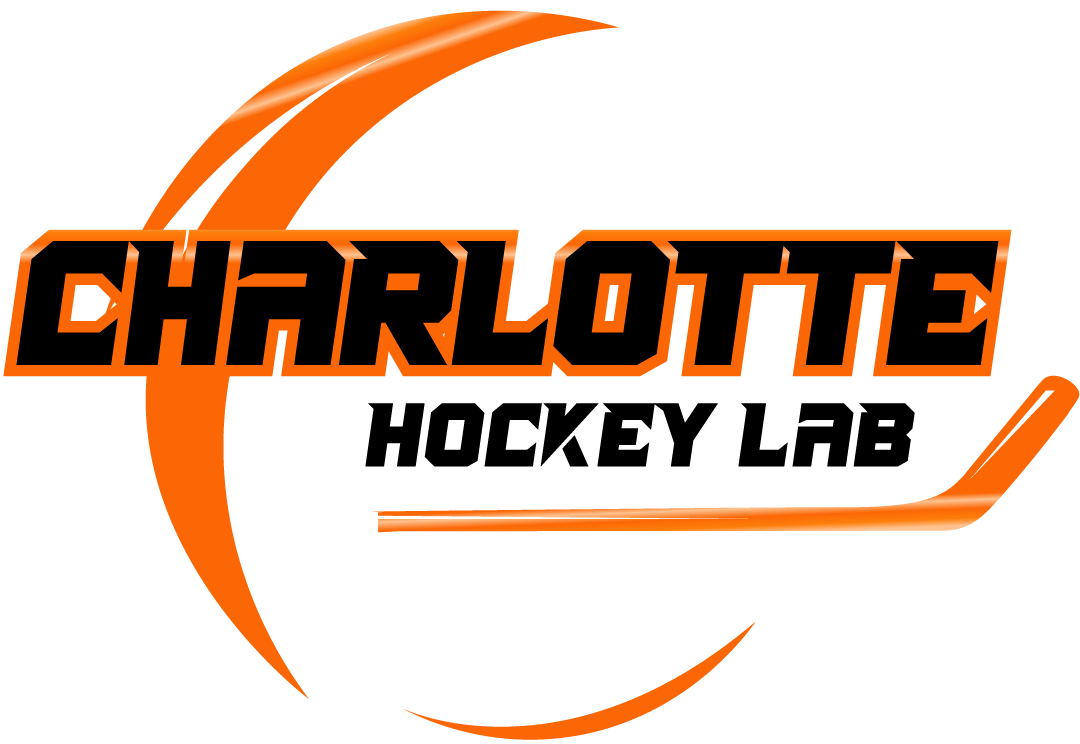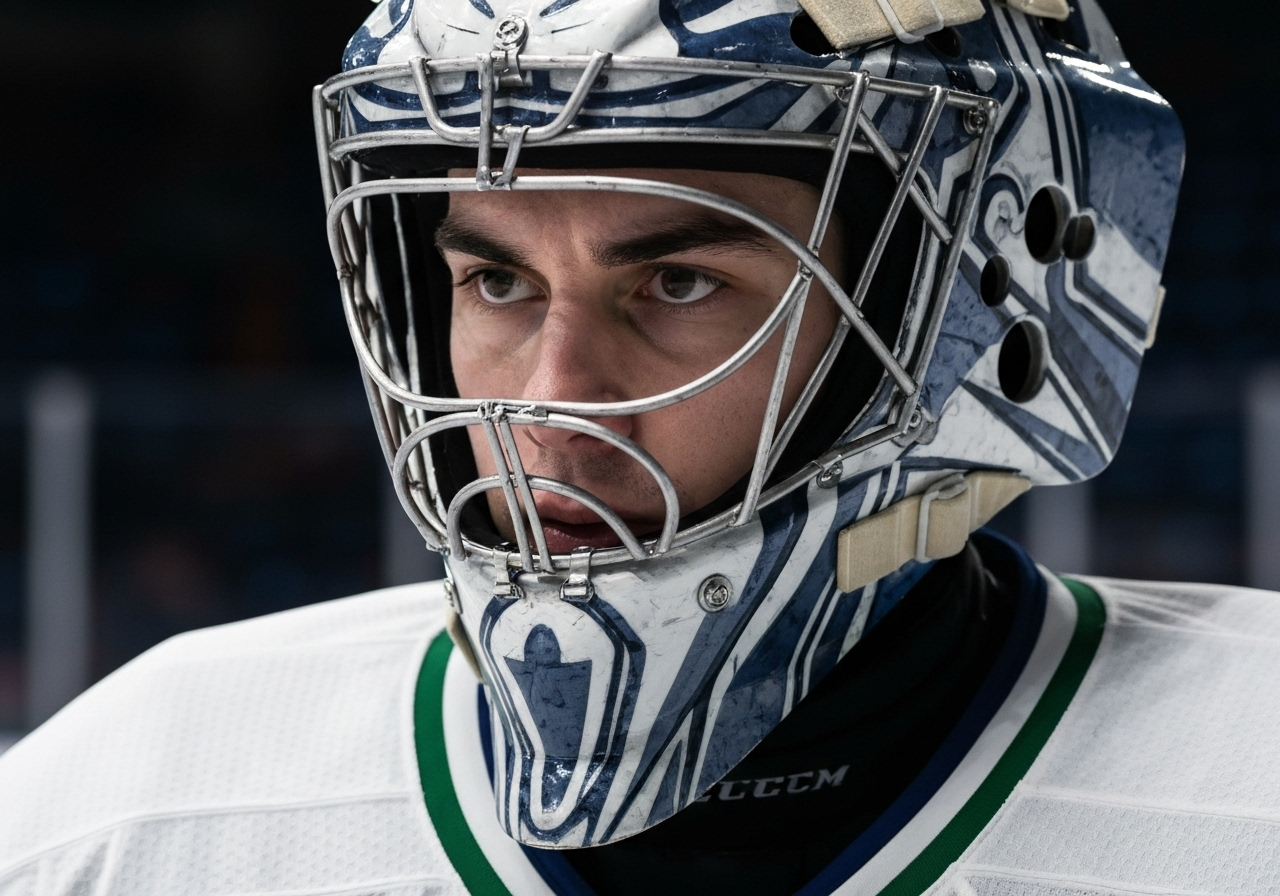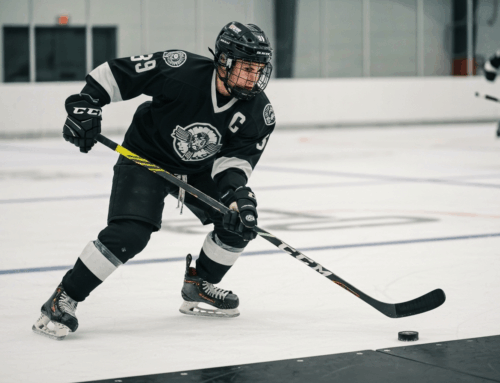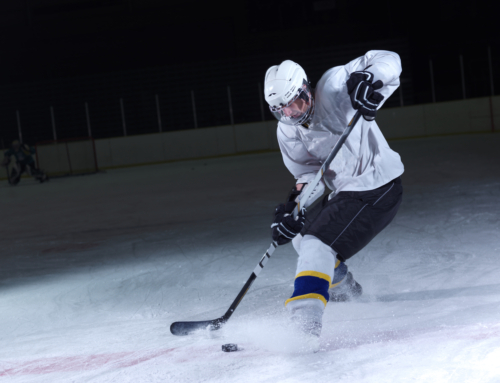Mastering the Mental Game: Unlocking Elite Performance Through Ice Hockey Psychology
The Indispensable Role of Ice Hockey Psychology
Ice hockey is a sport renowned for its blistering speed, intricate strategies, and unparalleled physicality. Yet, beneath the surface of explosive plays and powerful shots lies a dimension often underestimated but equally critical: the mental game. Mastering ice hockey psychology is what truly differentiates elite players from the rest, providing the mental edge needed to perform under immense pressure and achieve consistent success. It’s about developing the cognitive and emotional skills that allow athletes to stay focused, make split-second decisions, and remain resilient in the face of adversity. Without a strong mental foundation, even the most physically gifted players can falter when the stakes are highest.
Developing Mental Toughness: Resilience and Handling Pressure
Mental toughness is a cornerstone of elite hockey performance. It’s the unwavering capacity to perform consistently, even when faced with high-stress situations, physical demands, and emotional challenges. This crucial attribute is cultivated through deliberate practice and mental conditioning.
Building Resilience
Resilience is the ability to bounce back quickly from setbacks, whether it’s a missed scoring opportunity, a tough loss, or a nagging injury. Elite hockey players understand that mistakes are part of the game; the mentally tough differentiate themselves by how they react. Instead of dwelling on errors, they use cognitive restructuring techniques to reframe negative thoughts, focusing on what can be learned and improved for the next shift or game. This mindset shift is vital for maintaining composure and performance throughout a demanding season. As Elite Hockey Canada emphasizes, resilience, focus, and self-belief are core components that scouts and general managers actively seek in prospective players.
Handling Pressure
Ice hockey is replete with high-pressure moments—penalty shots, crucial face-offs, overtime periods, and playoff games. The ability to manage these moments effectively is paramount. Techniques like deep breathing and mindfulness exercises, as highlighted by Athletic Insight, are indispensable. Deep breathing calms the physiological stress response, while mindfulness keeps players anchored in the present moment, preventing distractions and enhancing clear-headed decision-making under duress. Maintaining this heightened mental acuity translates directly to better on-ice performance and a greater sense of confidence.
Mastering Performance: Visualization and Strategic Goal Setting
Beyond resilience, specific psychological techniques can actively enhance a player’s on-ice performance. Two of the most powerful are visualization and strategic goal setting.
Visualization
Visualization, or mental imagery, involves mentally rehearsing plays, skills, and scenarios before they physically occur. This technique stimulates the same neural pathways in the brain as actual performance, creating a form of “neuromuscular memory.” By vividly picturing successful outcomes—a perfectly executed pass, a powerful slap shot finding the top corner, or a critical defensive play—players can improve their reaction time and decision-making skills. Relentless Hockey explains how consistent visualization builds confidence and prepares the brain for the intricate demands of the game, including its inevitable highs and lows. This can include pre-game mental rehearsals, focusing on specific skills, or even post-game reflection to mentally correct mistakes.
Strategic Goal Setting
Goal setting provides direction, motivation, and a clear roadmap for continuous improvement in ice hockey. Setting specific, measurable, achievable, relevant, and time-bound (SMART) goals helps players track progress and stay committed. It’s not just about setting outcome goals (like scoring a certain number of points), but also crucial process goals (e.g., practicing specific stickhandling drills daily, improving skating speed by a certain percentage). Ice Hockey Systems emphasizes the importance of having a “big dream” while also breaking it down into manageable daily behaviors and establishing accountability. This systematic approach ensures that players are consistently working towards defined objectives, fostering discipline and sustained motivation.
The Coach’s Influence and Team Synergy: Psychological Impact
The psychological landscape of an ice hockey team is profoundly shaped by its coaching staff and the dynamics among its players. A coach’s approach extends far beyond tactical instruction, influencing individual mental states and collective performance.
The Coach’s Role in Mental Development
Effective coaching involves nurturing a positive psychological environment. Coaches who employ positive reinforcement, acknowledging and rewarding desirable behaviors, are instrumental in building player confidence and motivation. While constructive negative feedback is necessary for growth, its delivery is critical; it must be specific and actionable rather than demoralizing. This balanced approach helps players understand areas for improvement without undermining their self-belief, ultimately boosting their psychological well-being and on-ice performance.
Team Dynamics and Cohesion
Ice hockey is a team sport, and strong team dynamics are essential for psychological well-being and success. Building trust among teammates ensures that every player feels supported and valued, fostering effective communication and mutual support. This can be achieved through consistent dialogue, shared goals, and team-building activities outside the rink. Furthermore, the ability to resolve conflicts constructively is vital for maintaining harmony. Coaches and team leaders must facilitate open discussions and fair resolutions to prevent misunderstandings or competitive tensions from derailing team cohesion. The subtle interplay between individual mindsets, such as balancing an offensive vs. defensive mindset, and how these are managed by the coaching philosophy, significantly impacts overall team synergy.
Real-World Lesson Overlooked by Others: While formal leadership roles like captaincy are highly valued in hockey, structured training for these mental and emotional responsibilities is often lacking. Many captains learn through trial and error, observing veterans, and relying on personal intuition to navigate challenges like communicating between players and coaches or managing media pressure. This highlights a critical gap: investing in mental skills training for team leaders can significantly enhance their effectiveness and the team’s overall psychological health.
Elite Mindsets in Action: Case Studies from Hockey’s Best
The principles of ice hockey psychology are not theoretical concepts; they are actively employed by the sport’s greatest athletes, showcasing their tangible impact on performance. The recurring patterns of mental preparation among these legendary players, spanning different eras and positions, serve as powerful testimonials to the universal applicability and profound influence of mental game mastery.
- Sidney Crosby’s Visualization: Known for his exceptional hockey sense, Crosby routinely uses visualization to mentally rehearse plays and anticipate game situations, sharpening his decision-making under pressure.
- Wayne Gretzky’s Goal Setting: The “Great One” was a master of setting and relentlessly pursuing specific goals, a key factor in his record-breaking career and consistent motivation.
- Patrick Roy’s Positive Self-Talk: The Hall of Fame goaltender was famous for his unwavering confidence, largely fueled by a disciplined practice of positive self-talk, which allowed him to maintain composure and perform at his peak.
- Jonathan Toews’ Stress Management: As a captain and multiple Stanley Cup winner, Toews effectively utilized deep breathing and mindfulness techniques to remain focused and calm during critical moments of high-stakes games.
- Mark Messier’s Mental Toughness: Renowned for his leadership and clutch performances, Messier demonstrated exceptional mental toughness, employing cognitive restructuring to transform negative thoughts into productive energy, enhancing his resilience.
- Scotty Bowman’s Coaching Impact: One of hockey’s most successful coaches, Bowman understood the psychological dimensions of team building, employing strategies that fostered a cohesive environment and maximized player potential.
These examples illustrate that physical talent alone is insufficient; it must be coupled with a robust mental game to achieve and sustain elite performance. The integration of psychological strategies has been a common thread among the sport’s most successful individuals and teams.
Implementing Ice Hockey Psychology in Your Training Regimen
Integrating ice hockey psychology into your regular training routine is not an optional extra, but a fundamental component of holistic player development. Just as you dedicate hours to on-ice drills and off-ice conditioning, consistent mental training can unlock new levels of performance and personal growth.
To begin, consider these practical steps:
- Daily Visualization: Dedicate 5-10 minutes daily to mentally rehearse specific skills, game scenarios, or ideal performances. Focus on sensory details—the feel of the stick, the sound of the skates, the crowd’s roar.
- Mindfulness and Breathing: Practice deep breathing exercises to manage pre-game nerves or moments of high pressure. Simple mindfulness techniques can enhance your ability to stay present and focused during shifts, rather than dwelling on past mistakes or future outcomes.
- Structured Goal Setting: Regularly review and update your short-term and long-term goals. Break down larger objectives into smaller, actionable steps, and hold yourself accountable for the process.
- Positive Self-Talk: Replace negative internal dialogue with constructive affirmations. Develop a “power pose” or a personal mantra to boost confidence and maintain a positive mindset, especially after a challenging play.
For players seeking to truly master their mental game, specialized resources can provide tailored guidance. At Charlotte Hockey Lab, our advanced technology and expert coaching integrate physical skill development with the psychological insights needed for elite performance. This holistic approach ensures that athletes are not only honing their physical abilities but also building the mental fortitude to execute them flawlessly. Furthermore, exploring elite mindset development programs can provide individualized coaching to address specific mental blocks, enhance focus, and cultivate unwavering confidence.
By consistently dedicating time to these psychological strategies, you can sharpen your mental edge, optimize your performance under pressure, and ultimately achieve a deeper, more fulfilling experience in the sport of ice hockey.
Have more questions or want to get in touch? Visit our Contact Us page. We look forward to hearing from you.

We use only the finest ingredients to produce stellar tastes.








